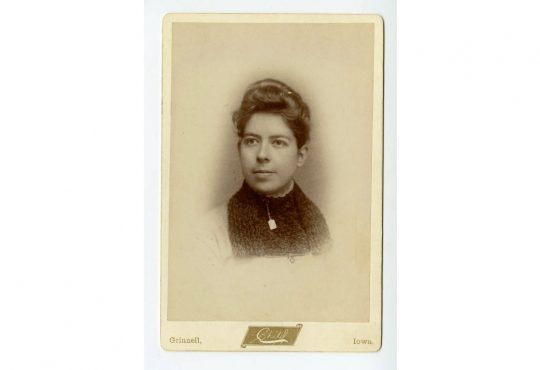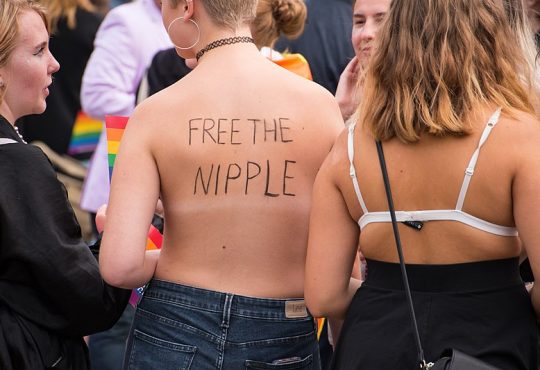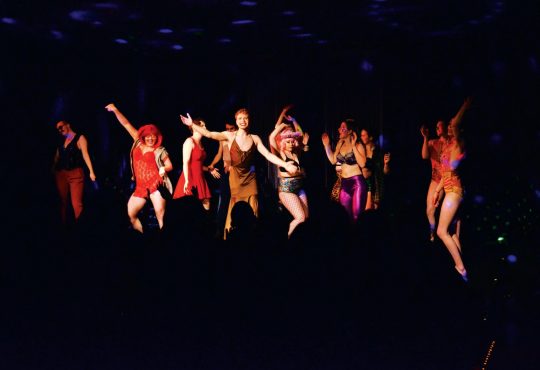This semester, I’m enrolled in two gender studies courses. As a result, gender issues permeate every space of my mind, more so than ever before. I am in a constant state of thinking about gender. Needless to say, this week when I read an article in the New York Times about a new “men’s television channel,” I was again bombarded by my own thoughts of gender.
I will say that I was ashamed of myself at first – reading the title and first few sentences, which boasted the initiative of this new channel to encompass the interests of the modern manly man, I immediately pictured busty, scantily clad women in commercials, interviews with action film stars, and primetime specials about fast cars, good beer, and getting yoked. Despite my best efforts, it would appear that the stock social constructs of typical masculinity have gotten to me.
I shouldn’t have been so annoyed at myself for jumping to that conclusion, however, as such traces of gender stereotype remained. The article’s author, Neil Genzlinger, attempted to soften the effect, up-selling the suggestion of the modern gentleman by satirizing the meaning behind types of male interaction, remarking that certain gestures or behaviors felt too “steroidal” or “Cro-Magnon.” There is discussion of travel shows and cooking shows geared toward men on the new network, but other information about content remains unavailable.
Before the network goes live in April, it is the task of its executives to pinpoint who the modern man is – a feat I now believe to be more problematic than I had previously thought. With the changes occurring in the modern feminist movement and the nation’s never-ending argument over homosexuality, it seems like pinpointing any specific definition of gender is impossible; perhaps it should be. Creating a template for the today’s renaissance man seems like an earnest enough endeavor, but it leaves the possibility of continuing to perpetuate patriarchal values that damage both gender groups.
Esquire magazine’s segment “Funny Joke From a Beautiful Woman” has also been considered as an advertisement technique or regular segment on the network. This particular skit involves a female celebrity (Jamie Chung, Abigail Spencer, or Jenna Dewan-Tatum, for example) in lingerie or a teeny-tiny dress telling a cheesy joke, or, more often, a joke with sexual undertones. Jamie Chung’s jokes feature comments about Asian families and their stereotypical obsession with academia, the reason she claims her own family isn’t funny. The segments are quite obviously targeted at a heterosexual male audience. It isn’t a stretch to say that, if these are the final marketing antics for Esquire’s network, they should be taken as an indication of the stagnant modern stance on gender issues – men are to be catered to only as a heterosexual consumer with pidgeon-holed preferences, and women are to be depicted as subordinate and less intelligent to appear attractive or sexy in the context of popular culture. As a woman, this belittling of female intelligence is much more troubling to me than the sporting of tight dresses and satin teddies.
A progressive television channel for the modern man? Great idea. Creating the modern man through the filter of age-old pictures of patriarchy? Tired and unimpressive.





